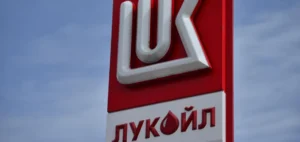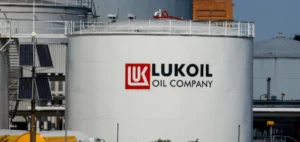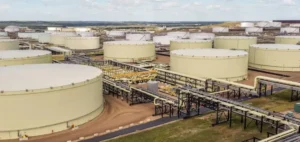India’s crude oil imports from Russia have again come under scrutiny following public remarks from Donald Trump. The former US president, currently campaigning for a return to the White House, stated that Indian Prime Minister Narendra Modi had assured him that India would end its Russian oil purchases.
Trump increases pressure on trade relations
This statement follows the US administration’s decision to impose a 50% tariff on selected Indian exports to the United States. The measure was presented by the Trump administration as a response to India’s continued energy ties with Russia, amid Washington’s efforts to curtail Moscow’s oil revenues.
India’s Ministry of External Affairs neither confirmed nor denied Trump’s claims. It reiterated that the country’s energy policy prioritises consumer interests and supply security. This position reflects India’s ongoing dependency on foreign energy sources, as it imports around 85% of its crude oil.
Strengthened energy ties with Russia
In 2024, Russia became India’s largest oil supplier, accounting for 36% of its crude imports, up from just 2% in 2021. Last year, New Delhi imported approximately 1.8 million barrels of Russian crude per day, making it the world’s second-largest buyer of Russian oil after China.
Despite the new US tariffs, September data indicates little immediate shift. India imported about 1.6 million barrels per day that month, according to analytics platform Kpler, a 10% drop compared to the year’s average. Analysts attribute this to oil price fluctuations rather than a change in procurement strategy.
Impact on bilateral trade flows
The imposition of higher US tariffs on Indian exports has already shown measurable effects. According to India’s Ministry of Commerce, exports in September fell by 11.93% compared to September 2024 and by 20% from the previous month.
Meanwhile, India’s total exports rose by 6.37% year-on-year to reach $36.38bn in September, driven by increased shipments to markets such as China and the United Arab Emirates. This shift suggests a partial reorientation of India’s commercial strategy amid escalating tensions with Washington.
Russian crude remains a cost-effective option
India’s Ministry of External Affairs explained that traditional suppliers had redirected their output to Europe since the war in Ukraine began, pushing New Delhi to seek alternative sources such as Russia. In response to Western sanctions, Moscow has granted significant discounts, helping India control its energy expenditure.
The share of Middle Eastern suppliers in India’s oil imports fell from 60% in 2022 to 45% in 2024. Indian refineries are technically capable of processing various crude blends, according to Kpler analyst Sumit Ritoila. However, a rapid shift away from Russian oil would likely raise costs and introduce political risks.
“It would be technically possible for India to stop buying Russian crude,” Mr Ritoila wrote, “but it would be politically and economically perilous.”






















